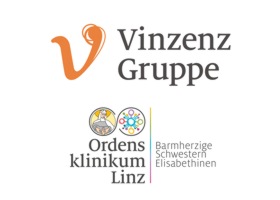Outcomes of patients with squamous cell carcinoma of esophagus who did not receive surgical resection after neoadjuvant radiochemotherapy.Tools Fakhrian, K und Ordu, AD und Nieder, C und Lordick, F und Kup, PG und Theisen, J und Combs, SE und Geinitz, H (2015) Outcomes of patients with squamous cell carcinoma of esophagus who did not receive surgical resection after neoadjuvant radiochemotherapy. Tumori Journal, 101 (3). 101(3)-263 (7). Für diesen Eintrag wurde kein Volltext-Dokument angefügt.
|
||||||||||||||||
|
|
|
|


 Tools
Tools Tools
Tools